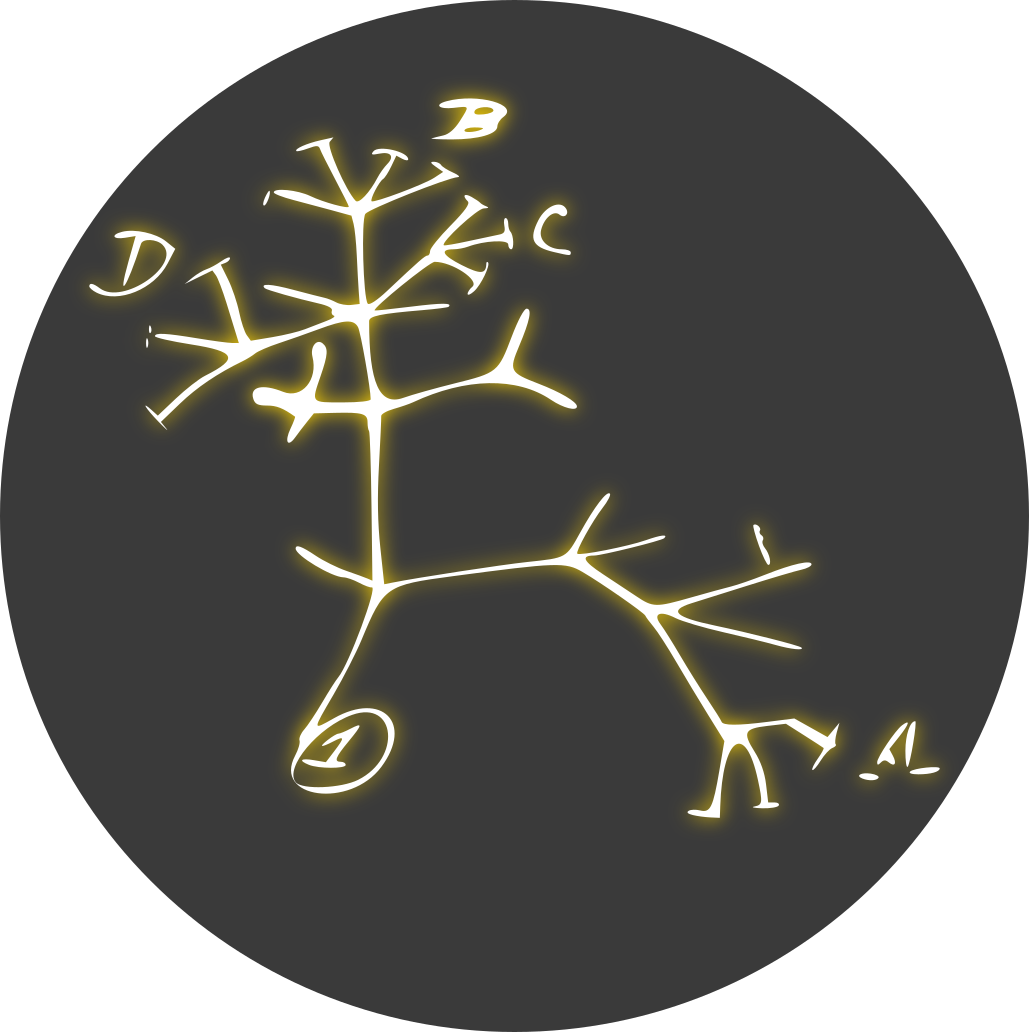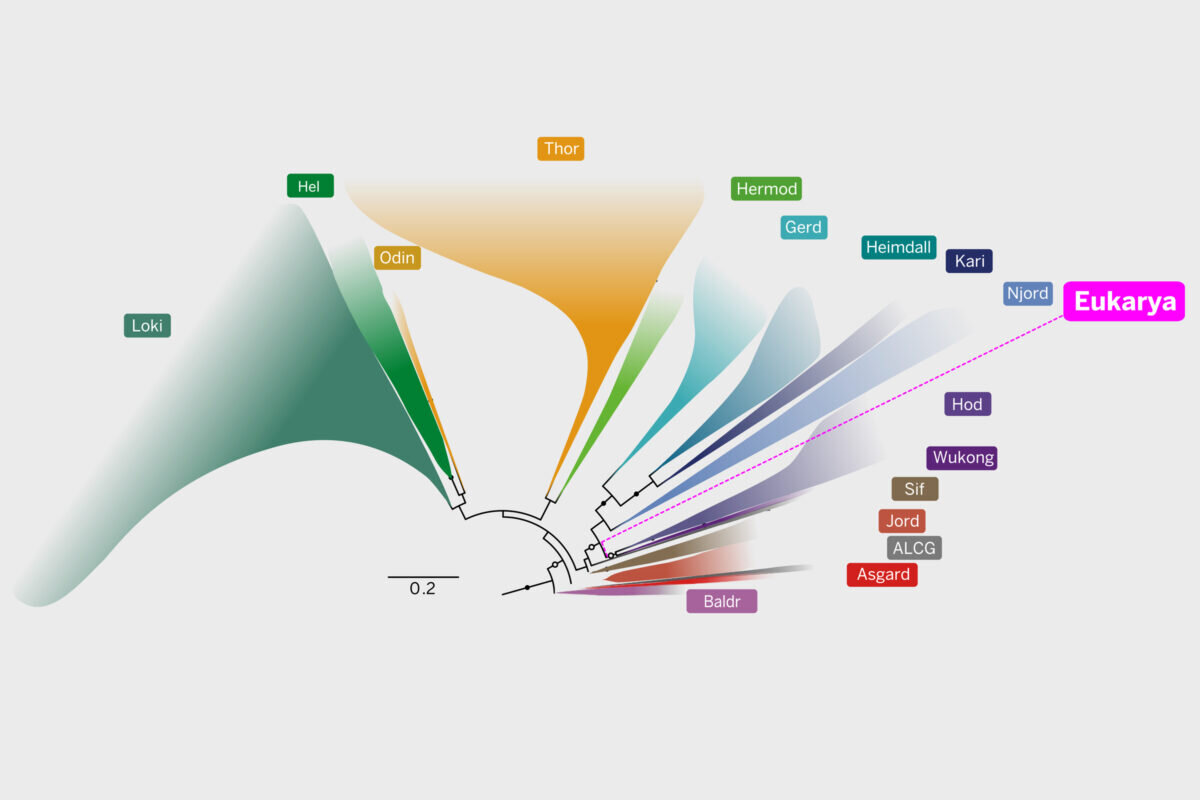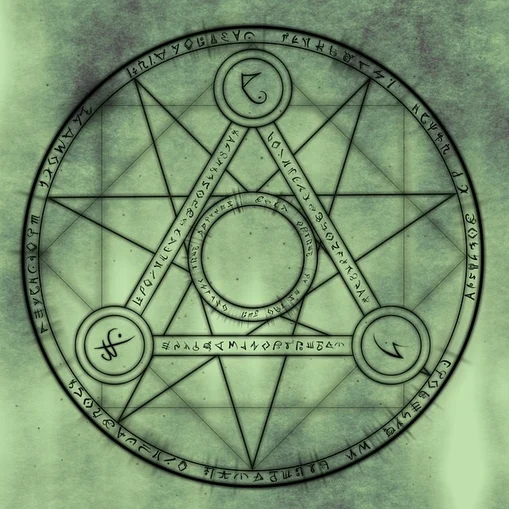You must log in or # to comment.
I wonder what they actually did. My naive impression is that they kind of took the intersection of a collection of genomes. But how do you validate the choice of genomes, and show such an organism existed?
I’m not sure about this particular paper, but usually you can compare the number of mutations in a common protein and use that to estimate how long ago a common ancestor existed. As an example here is a graph of the number of mutations in mitochondrial DNA for the protein Cytochrome C. The more mutations you accumulate in a genome the larger amount of time since they split from a common ancestor.





